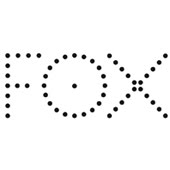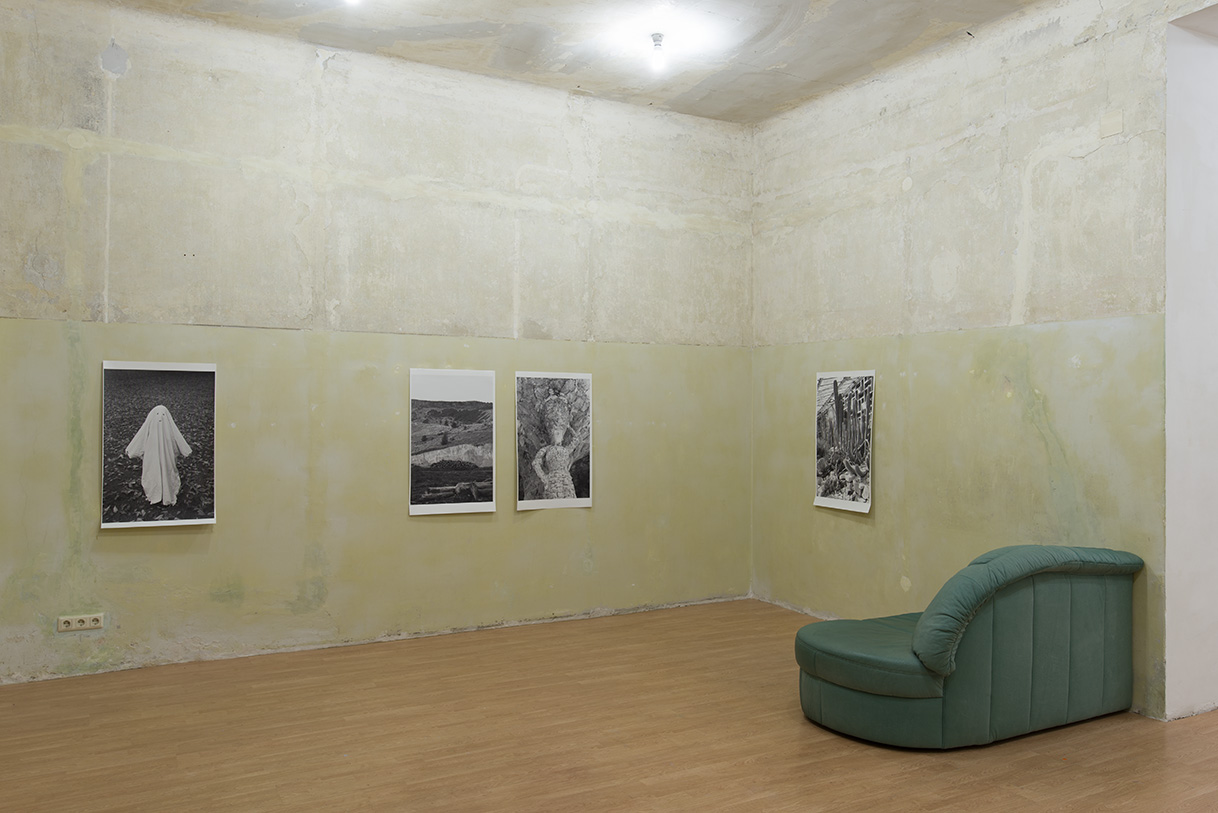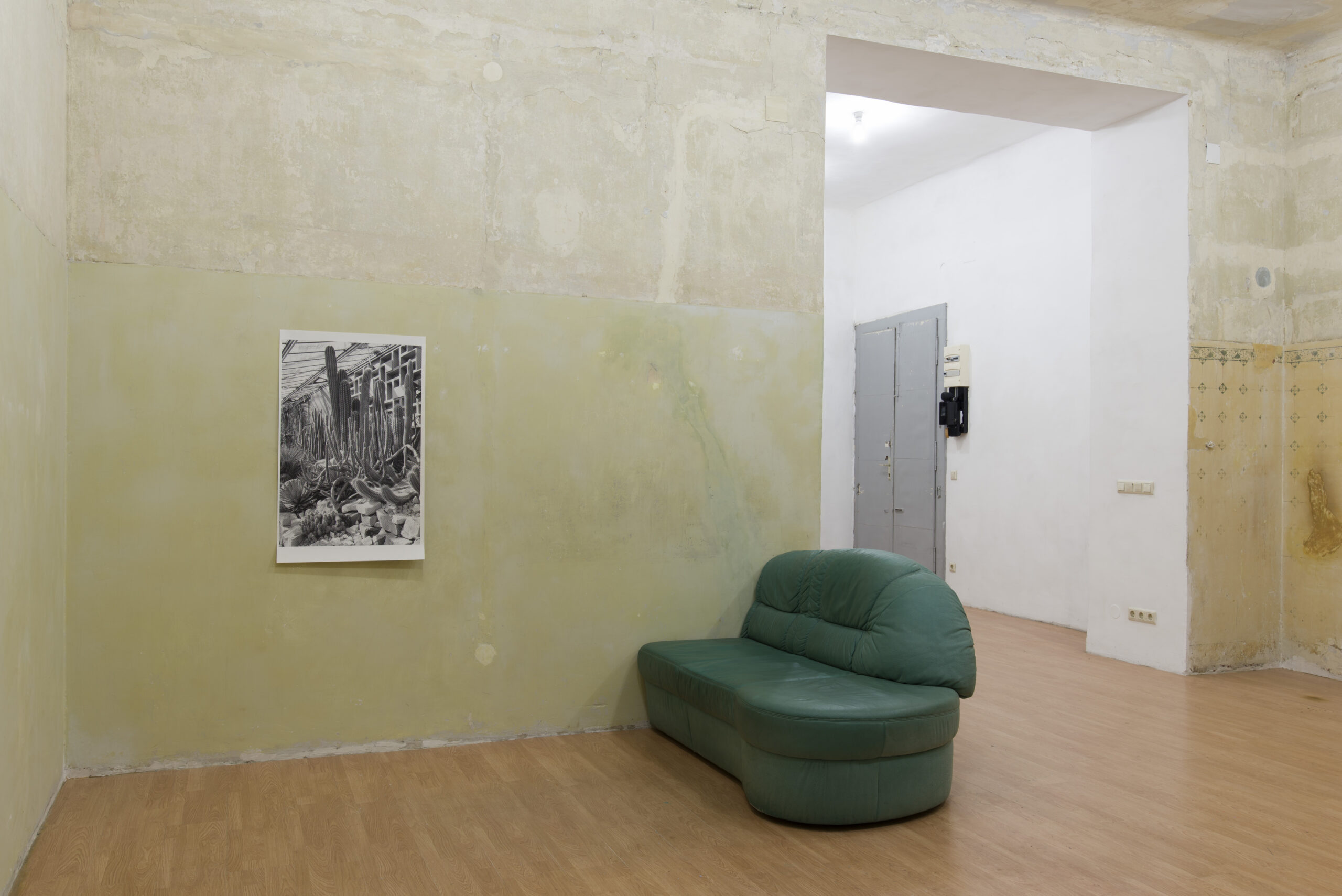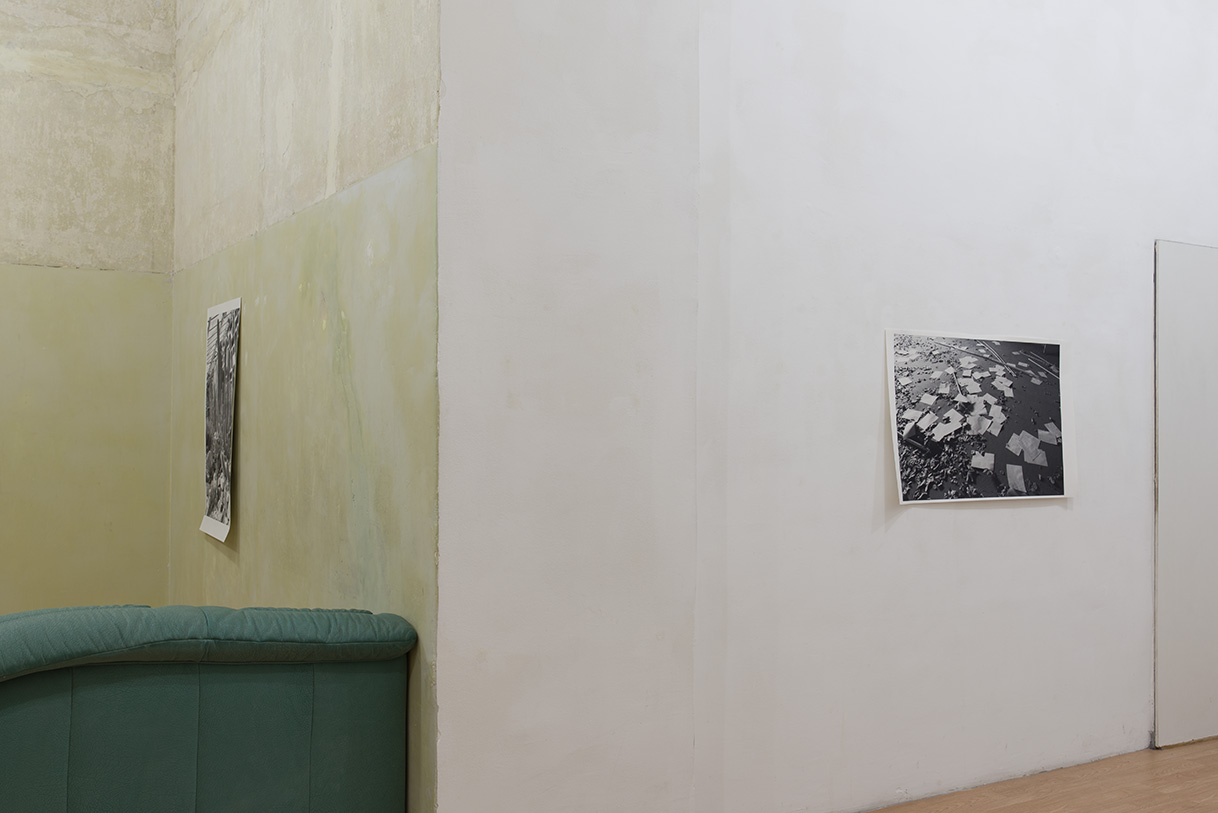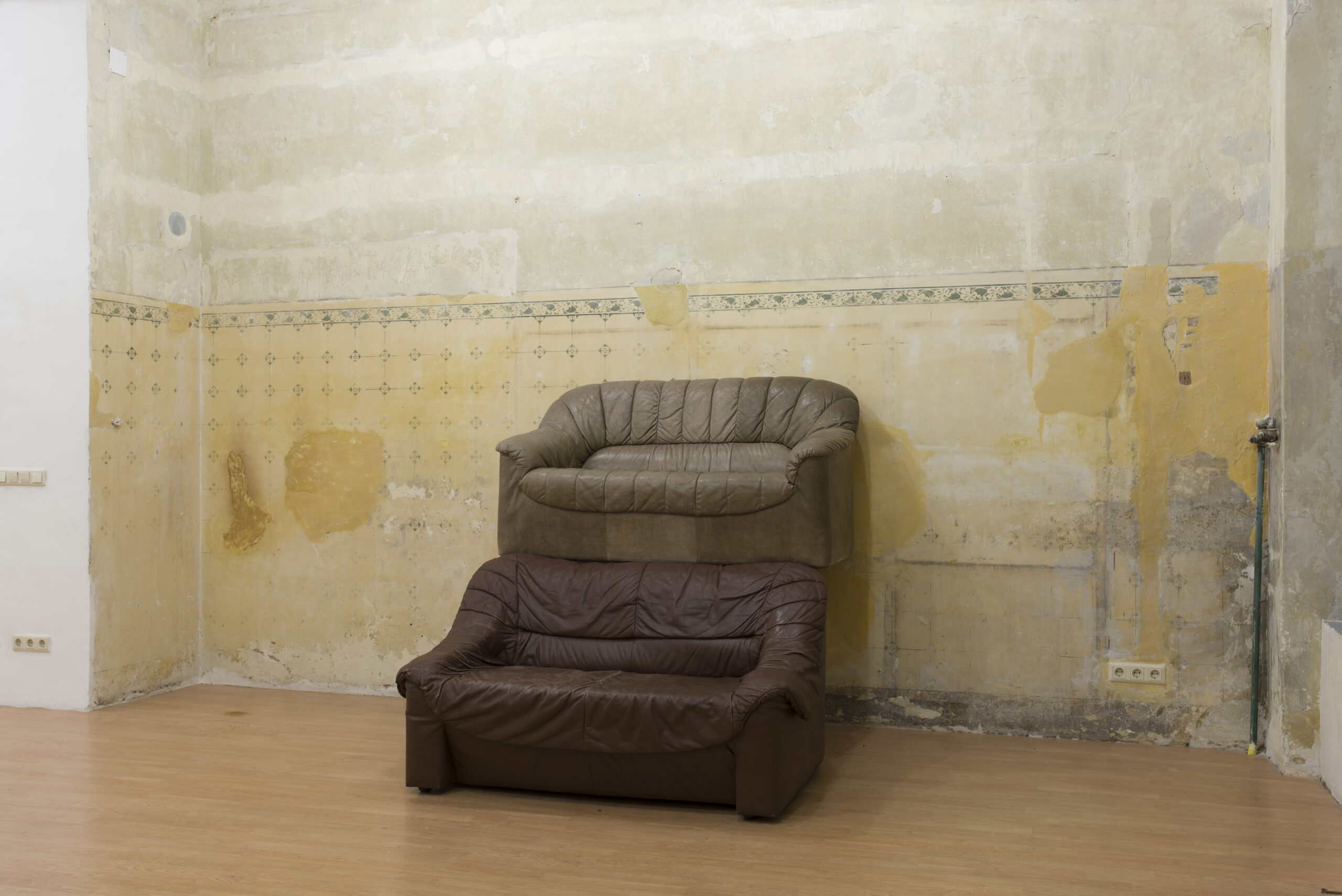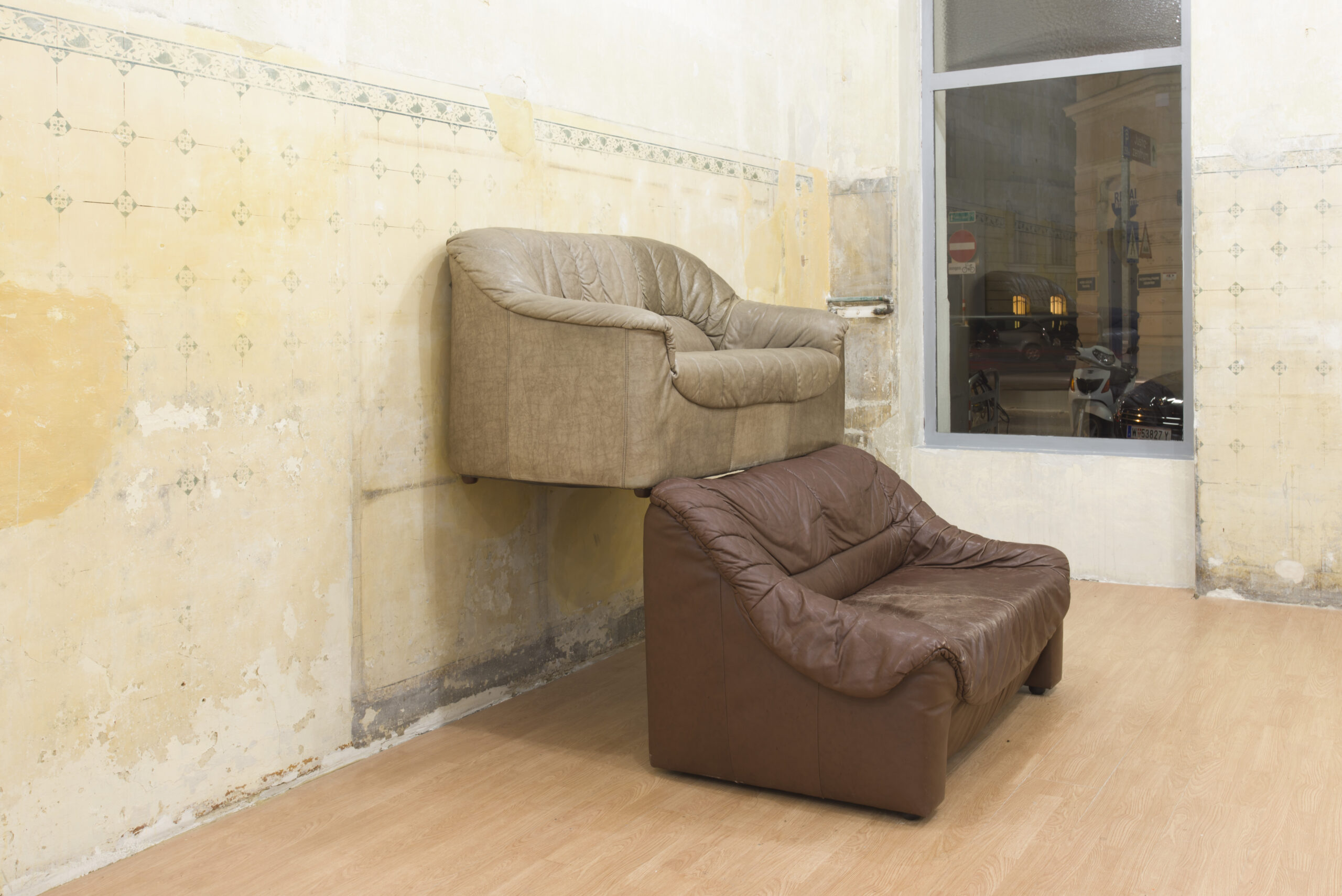Adrian Williams
Adrian Williams
POEM AUTOMATON
15.09. – 05.10. 2018
Adrian Williams „Poem Automaton”
When Adrian shows me the pictures she’s going to show in her exhibition in Vienna, I immediately think of death. Because in these black and white photographic prints it is almost always somehow present. Stirring in a kind of blank space at the pictures center it looks as if someone has just (perhaps following a final phone call) ascended to heaven. That she or he, might have been swallowed by the lights reflection, absorbed – so beautiful and present are these ripped-out, white raster gaps, and all the more meaningful within them there alongside lonely landscapes and a prickly cactus’ realm. At once there is a bright specter facing the observer, then another, a figurative sculpture illuminating beings from beyond the afterlife, radiating as it would an Egyptian burial ground. Perhaps for me, a somewhat delicate soul, the association with death arises from the fact that in many other works by Adrian Williams this seems to be a reoccurring concern. In one play („Once Removed“, 2014), the male protagonist, played by a female actress, struggles to makes sense of the impending death of his (her) brother. He is tasked with giving his brother permission to take his own life, to die before God, the law, and the whole world. Somehow, he owes his brother this debt. In another work, (“A Bed in The Hall“, 2012) a man has convinced himself that he’s thrown another man from a window (or was it a building cornice, or a kind of French balcony – I don’t quite remember exactly, the character in the story was drunk ). Somehow it doesn’t surprise me that a „Poem Automaton“ speaks into this exhibition and installation: vocalized generic texts, not living, biological, or produced from the gut as by a purely intellectual process of the artist. No one knows when they will ultimately die. These poems are created in the manner of the surrealists „Cadavre exquis“, „Delicious corpse“ or „Delicious carcass“, as one might say here in Austria. In line with the method of André Breton, initiated not only for the creation of images (familiar to us today), but a form that was also a text machine. One paints or writes just one / one element of content on a sheet of paper and folds it so that the person to whom the sheet is forwarded cannot see the previous content when adding the next piece. Body accumulations, collages, lumps and sculptures are created automatically. In Adrian’s version, folders with different orientations („sound“, “subject“, “purpose”, and “silence”) are organized on a computer, and filled with the artists voice recorded potential word combinations. An algorithm grabs random files from the respective folders and establishes new units strung together like pearls. Here at „Fox“ a specific poem is created, prescribed to change with its next use. Inevitably it will have a different rhythm, chance delivering another chain of phrases. The automaton can also contain other source folders, expanding its potential, and may one day voice a love poem.1 When you play „Cadavre exquis“, first one person, then the other trusts that after the head, for example, a body – and not the feet – will be drawn. However, it seems to me that the protagonists in Adrian’s works are more likely toward selfdetermined actions than cooperation. In another story of hers („The Right Triangle“, 2007), which I now recall and which like those already mentioned I recommend reading, two women unknowingly share a single heating system and so the life of the one is unwillingly controlled by the other, leaving them existentially co-dependent. There is a parallelism of actions and matter, also materials, I might say, that could again generate new actions. For example the series of paper works („Routines“, since 2010), in which Adrian writes mini-narratives by hand associatively to images taken from a rich stock of her photographic snapshots. These narrative fragments are not about death per se, but often about an otherness, a whimsy, or some particular quality that inevitably excludes these fictional persons from their surrounding social order. In this way, they are quasi-dead. While listening to the „Poem Automaton“ an ever-reinstigated process, you sit on an amphitheater-like seating arrangement made up of discarded sofas. It is not a sculpture that tries to cover up its origins, nor does it promote such an arrangement in the self-made process à la hipster interior. Rather, one sees the individual parts of the unpretentious process of creation and at the same time resides in the wellknown form of a staircase theater: parallelism of the materials on which one sits, parallelism of the words and sentences to which one listens. I mention now much older works by Adrian, although I know that she can’t stand that: There were once performances that imitated variety shows and carnival acts. Actual competitions in which the audience participated. „Écriture automatique“ is now a process that opposes this format, deliberately avoiding feelings such as competition. The automatic writing process ultimately argues for non-trust, but also for a nonaccountability to any social conventions and norms, it makes them non-existent. If one takes the automaton method seriously as an artist, with all it’s fictions and illusions, new narratives arise in this setting. Whether these are less or more compelling than those produced differently – about this one is at once, and with the more time spent with the somewhat eerie „Poem Automaton“, no longer safe. Poems and stories can appear as drops of water on the windshield of a car at dusk that we recognize as they move on in a self-determined manner and then, like the figures cast on wallpaper emerging in the dark as you fall asleep, suddenly stay with you. You do not have to be afraid of death. It resides in the here and now, same as the living.
Kerstin Cmelka in September 2018
1 This mechanism was produced with Filip Caranica, Contemporary Sound, Berlin, 2018.
Öffnungszeiten: Während der laufenden Ausstellung!
Fr 15 bis 20 Uhr
und nach Vereinbarung!
Kontakt:
Marxergasse 16
A-1030 Wien
email: offspace(at)chello.at
Mit der freundlichen Unterstützung von:

